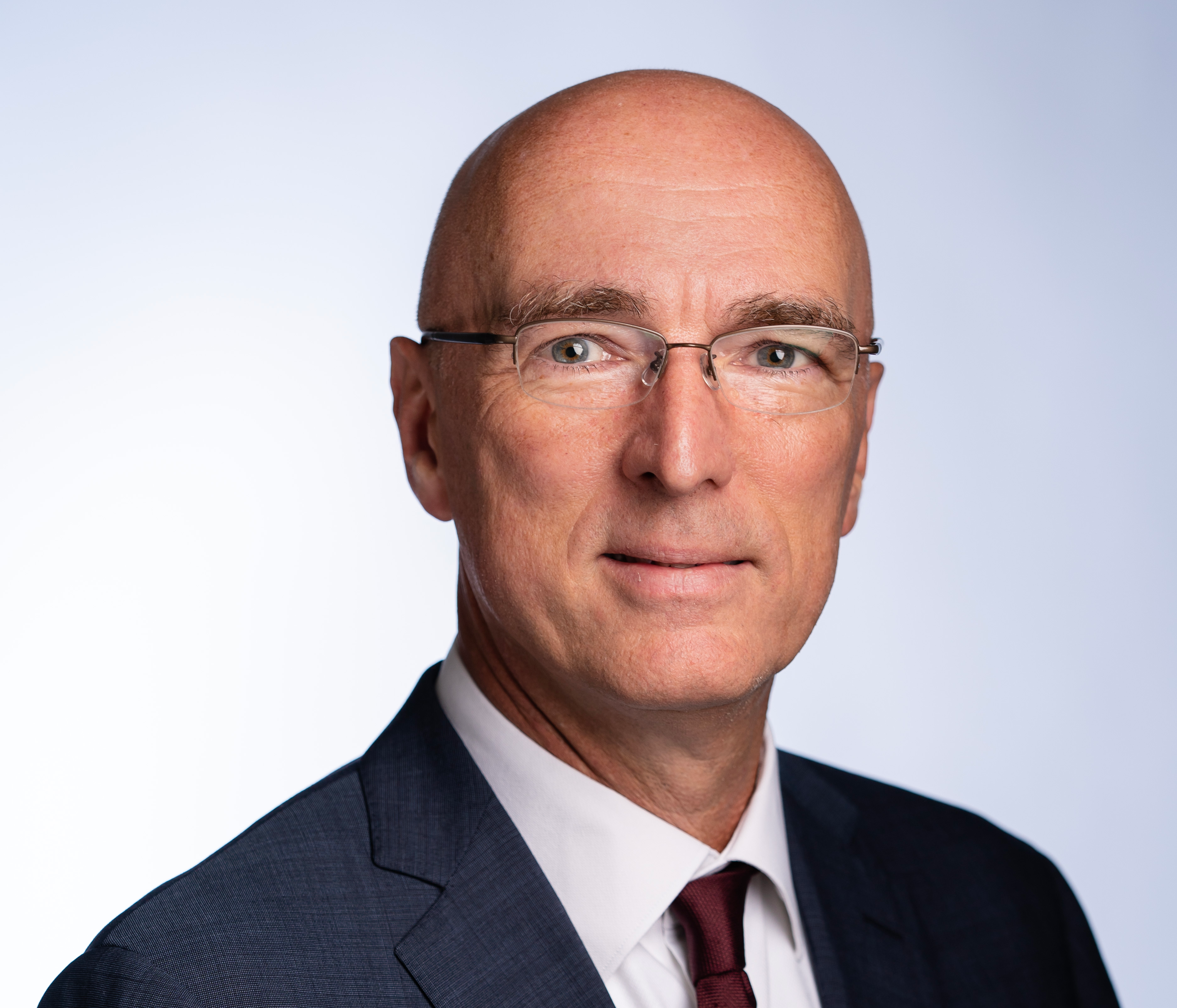Ambassador Remco van Wijngaarden - Thailand
The Ambassador

Remco van Wijngaarden
See the curriculum vitae of Ambassador Remco van Wijngaarden on rijksoverheid.nl (in Dutch).
Meet the Ambassador
What was the first thing that struck you about Thailand?
‘Before we settled here for work, my husband and I had been to Thailand for holidays a few times. We also travelled to Thailand from China, where we used to work before coming here. The city of Bangkok was the first thing that struck me in Thailand. It is the second most popular city in the world for tourists, and it’s obvious why. It has so much to offer, and is an exciting mix of contrasts. Skyscrapers alongside old neighbourhoods, and stalls selling the world’s best street food alongside chic Michelin-starred restaurants. It’s such a wonderful and fascinating juxtaposition. Bangkok is an international city, yet the culture here is still distinctly Thai.
What I enjoy about living here is that I now have the opportunity to learn about work and life in Thailand beyond what I saw as a visitor. Now that the coronavirus restrictions have been lifted, the country is open for travel. I started travelling to other parts of this large country regularly to meet the Thai stakeholders and the Dutch community. I now also visit Laos and Cambodia regularly, which the embassy in Bangkok also serves.
I am also the Netherlands’ Permanent Representative to the United Nations Economic and Social Commission for Asia and the Pacific, (UNESCAP), the UN’s largest regional organisation. Its aim is to promote socioeconomic growth in the region. The Netherlands has been a member since 1947 because, at the time UNESCAP was established, the Netherlands still had sovereignty over areas in the region. It’s extremely interesting to represent the Netherlands in this organization at the center of the fastest growing economic region in the world.’
You have three young children and are married to a man. How do people in Thailand respond to your rainbow family?
‘We have been here for more than a year now and things are going very well. Before Thailand, we lived in Shanghai where I was consul-general. Even though Shanghai is China’s most tolerant city, life was not always simple for us as a family. We couldn’t always be fully open about our family. It felt a bit like retreating back into ‘the closet’ sometimes.
Here in Thailand, we have been warmly welcomed as a family. this makes a world of difference. However, our marriage is unfortunately not yet legally recognised in Thailand. That can present some challenges, but even more so for Thai couples.
An important question I ask myself when choosing a country to work in, including Thailand, is whether I can make a difference in terms of my work and whether our family will thrive there. How open and tolerant is the society? My eldest daughter is black and our two youngest children are biracial, as is my husband. We want to help our kids become resilient and at the same time protect them from racism and discrimination.’
What are the main topics the Dutch embassy deals with?
‘Providing consular services is an important part of our work. That includes helping tourists and travellers. Before the pandemic, 200,000 to 250,000 Dutch people visited Thailand every year. Approximately 10,000 Dutch nationals live here. And that number is even higher if you also include those who reside here semi-permanently. We do not know the exact number, as people are not required to register.
The embassy provides emergency assistance to tourists, helps Dutch businesses in Thailand and acts as a sort of host to the Dutch community. We also provide aid and assistance to the 10 or so Dutch nationals in prison here.
In addition, our work here is becoming increasingly focused on economic and political matters. Thailand is a good trade partner and our countries invest considerable amounts in each other. The Netherlands is the largest EU investor in Thailand, which is something that many people in Thailand do not know. We hope to increase the exchange of knowledge in the areas of agriculture and water management. Thailand, like the Netherlands, is a low-lying country and it is increasingly having to deal with floods and drought as a result of climate change. By exchanging knowledge we can help each other face these challenges.
From a political and diplomatic perspective, Thailand is a very interesting country. It is part of the Indo-Pacific region, which is steadily gaining more importance as a partner to Europe. Thailand is a neutral country, a solid middle power in the region and it has a relatively large number of NGOs. I have been surprised by the openness with which all kinds of human rights topics can be discussed with the authorities here. This does not mean that there are no points for concern – take freedom of expression and the persecution of human rights activists, for example. In Thailand, compared to other countries in the region, there’s a lot of room for discussion when it comes to topics such as LGBTQ+ rights.’
